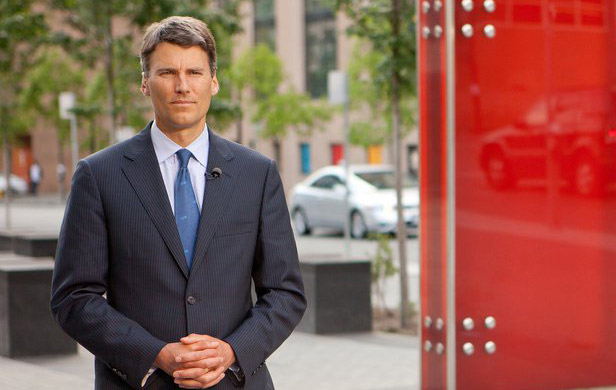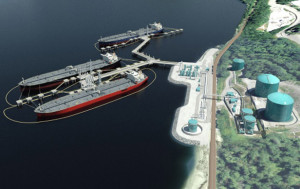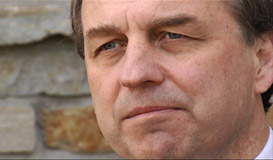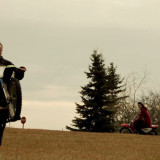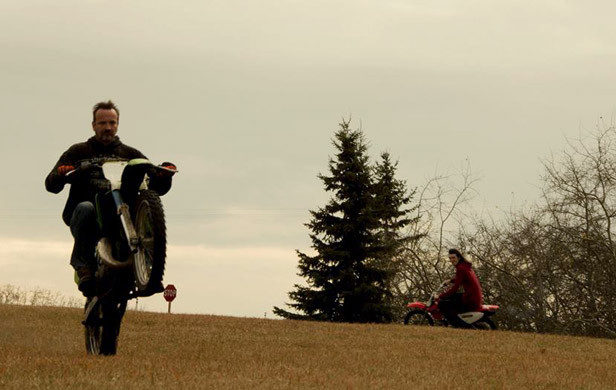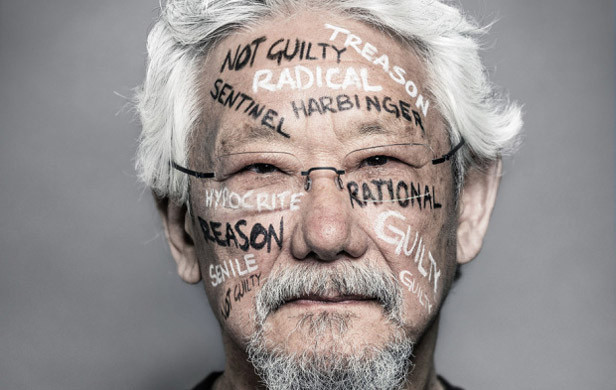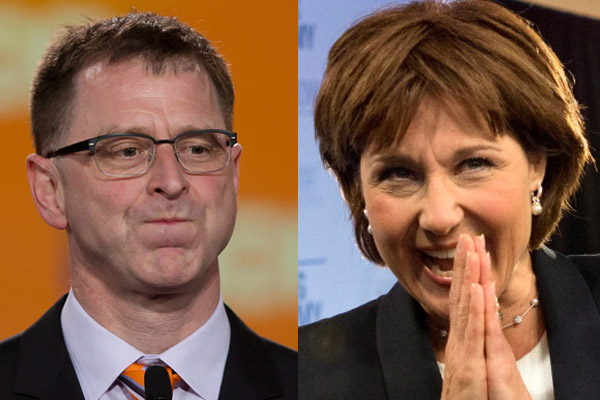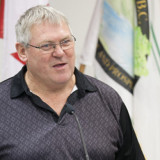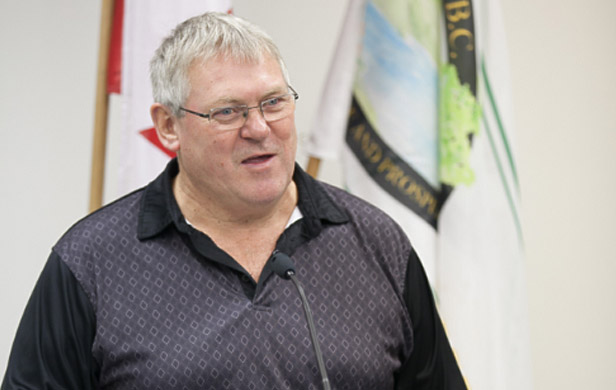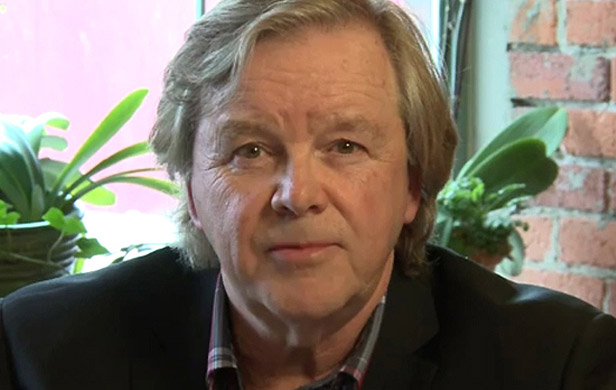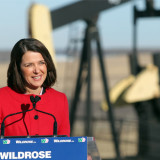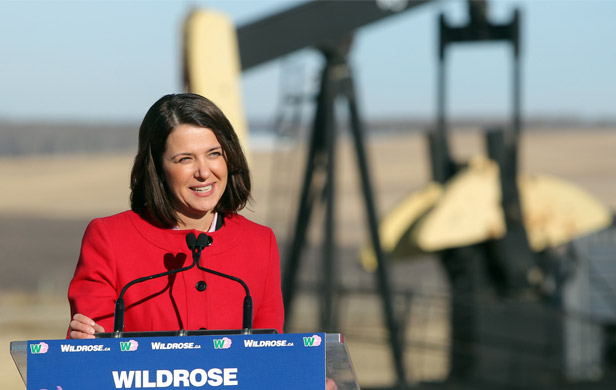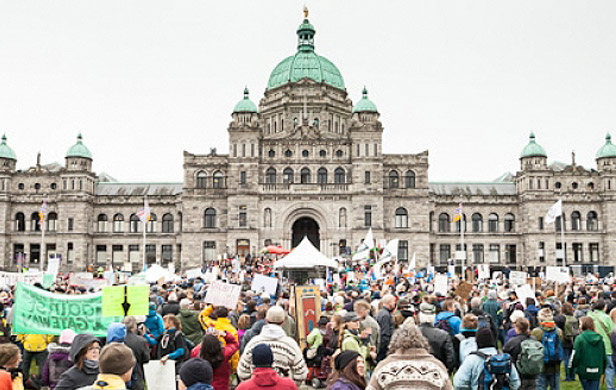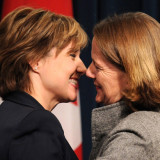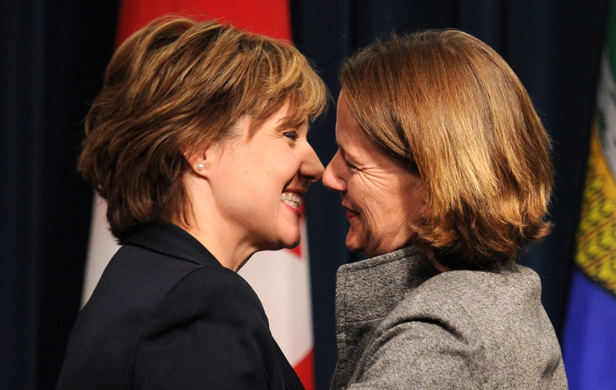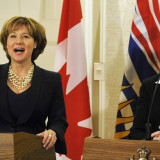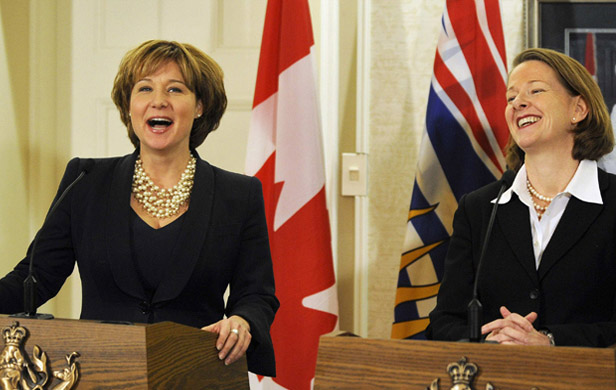
Oh, for the days of the fast ferries…compared to what we have now.
Most British Columbians will recall Premier Glen Clark’s late 1990’s boondoggle, which saw the construction of three new coastal vessels balloon from a projected $210 million to nearly $460 million.
How could we forget? After the relentless salvos from pundits like Vaughan Palmer and Mike Smyth led to the NDP government’s collapse, in every election cycle since, the incumbent BC Liberals have dragged out these ghost ships to bolster their own economic credentials. To Gordon Campbell and Christy Clark, the fast ferries are the gift that keeps on giving.
Liberal fiscal record sets new lows
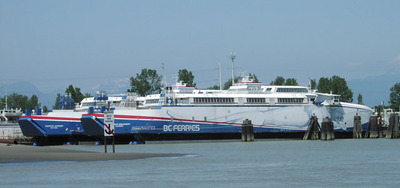
The only problem is the Liberals’ own fiscal fiascos absolutely dwarf those of their NDP predecessors – though they’re consistently able to get away with it.
Sure, Mr. Palmer has poked holes in the government’s laughable election promise of a debt-free BC and raised red flags over the government’s routine cost overruns, but the pundits’ knives have been decidedly less sharp over the past 13 years. Unlike the NDP, Liberal governments face no real consequences for their misdeeds.
With the Liberals on track to double the $34 Billion provincial debt they inherited from what history would now suggest was a surprisingly restrained NDP, it’s high time for an update to their fiscal report card. (That debt doesn’t even include an additional $100 Billion in contractual taxpayer obligations, like private power contracts, which they’ve swept under rug).
This is especially important with projects like the $8 Billion proposed Site C Dam currently under review (and if you believe that sticker price, I’ve got some pond-front property in northern Alberta you may be interested in).
In the real world, budgets don’t double
On that last point, Fort St. John businessman Bob Fedderly put the Liberals’ woeful record of project management in perspective when I interviewed him recently about Site C, which he and a growing number of businesspeople are opposed to.
“If you look back over the last 10 or 12 years to every project of any magnitude, it’s ballooned right out of proportion – two times, three times is not uncommon,” Fedderly noted. “This is a pattern that’s appearing on project cost management.”
Contrasting the government’s track record with his own companies’ construction projects, he acknowledged a 10% margin for error was acceptable – but no more than that.
[quote]In the real world of people building houses, they don’t double in price.[/quote]
How bad is the government’s legacy with major capital projects? Pretty darned awful. Here are a few lowlights:
1. Port Mann Bridge/Hwy 1 widening: 550% of initial estimate
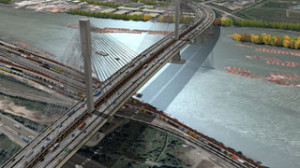
According to The Canadian Taxpayers’ Federation, “Originally, the government said the cost of improvements to the Port Mann would be $600 million. That ballooned to $1.5 billion in 2006 when the government announced it would twin the bridge. Now, the total cost of the project is expected to be $3.3 billion” (that’s $2.46 Billion, rising to $3.3 Billion including operation and maintenance costs).
Extra demerits for a serious design flaw that led to falling ice bombs, putting passengers at risk and ringing up $400,000 in insurance claims for ICBC.
2. BC Place Stadium roof upgrade: 514% of initial estimate
While the official line is that the upgrade to BC Place Stadium skyrocketed from $365 to $514 million, a January 2008 letter from operator PAVCO’s Chairman David Podmore to Vancouver City Manager Judy Rogers pegged the total cost at just $100 million. I’m no architect, but that seems like a reasonable price, whereas $514 million does not. After all, Seattle built a perfectly good stadium for its Seahawks in 2002 for just $360 million. All we got is a roof.
Extra demerits for design flaws which restricted the retractable roof’s ability to…well, retract.
3. Northwest Transmission Line: 182% of initial estimate
Crown corporation BC Hydro’s construction of the Northwest Transmission Line – designed to power an assortment of proposed mines in the Sacred Headwaters region of the province – has nearly doubled from initial estimates of $404 million to the most recent tally of $736 million (expect the final number to be considerably higher).
Extra demerits for management error that could cost BC $130 million in federal “green infrastructure” support for the project. The Liberal government received the grant to electrify the village of Iskut, getting it off diesel power. All the province had to do was file a plan for the spur with the feds by June 30, 2012 – but it missed its deadline by nearly a year, meaning that, technically, the BC public is on the hook to repay the entire $130 million.
4. Vancouver Convention Centre: 178% of initial estimate
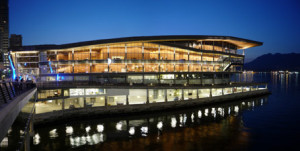
For all its LEED certifications and architectural attributes, the Vancouver Convention Centre also exploded from estimates of under $500 million to nearly $900 million by its 2009 completion.
What’s worse, all this could have been avoided if the Liberal government simply followed its own critique of the NDP’s fast ferries experience – namely, not having people without construction experience overseeing the project (i.e. Liberal powerbroker Ken Dobell) and being sure to have finalized plans for the contractor to execute. Lacking the latter, a fixed-price contract proved impossible to nail down.
5. South Fraser Perimeter Road: 169% of initial estimate
Perhaps the only way for the Liberal government to assert it’s on time and on budget with a major project is to lie about it, as this unnecessary, convoluted truck highway through Delta and Surrey demonstrates. Laila Yuile, a blogger and one of the province’s shrewdest transportation project watchdogs, recalled last year that initial estimates for the project ranged from $700-800 million.
[signoff3]
By the time it was completed in 2013, it was a year late and the cost had risen to $1.264 Billion – significantly more than a revised estimate of around a billion dollars. But that didn’t stop the government from boasting that its project was “on time and on budget”. As Vaughan Palmer quipped at the time, “Regular readers of this space will be familiar with the more flexible approach that the B.C. Liberals have taken toward the concept of being on time and on budget.”
Why won’t the NDP stand up for itself?
Perhaps the biggest mystery in all of this is the NDP opposition’s failure to call the government out for its dismal fiscal record. How “Mr. Nice Guy” Adrian Dix saw fit to let the Liberals off the hook for this series of blunders that make the fast ferry overruns look like pocket change is baffling. It cost them the last election, as I noted in the aftermath of that sorry affair.
Liberal record a harbinger of Site C boondoggle
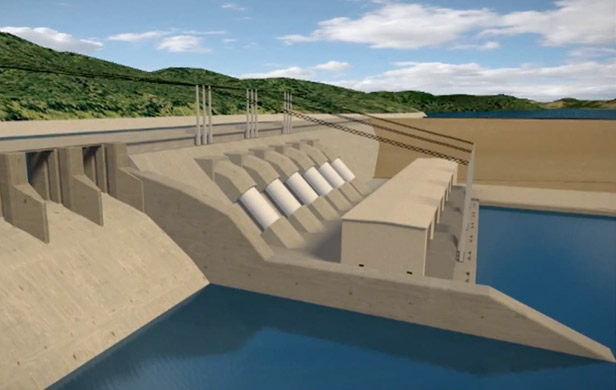
These numbers and examples of the Liberals’ fiscal ineptitude should be of real concern to BC taxpayers today as we ponder projects like Site C Dam – whose $8 Billion estimate (making it one of the highest-priced government infrastructure undertakings in Canadian history) is surely only the tip of the iceberg. Dams, as a rule, are highly prone to cost overruns – the World Bank estimates an average of 27% around the globe.
This is a project that will not serve the homes and businesses of BC, which are already self-sufficient in electricity far into the foreseeable future – rather, we’re told it’s to power liquefied natural gas production or to export to California (likely at a considerable loss for some time).
When you factor in the usual Liberal premium of doubling the cost, it’s not hard to see how this dam could sink us in more ways than one.



